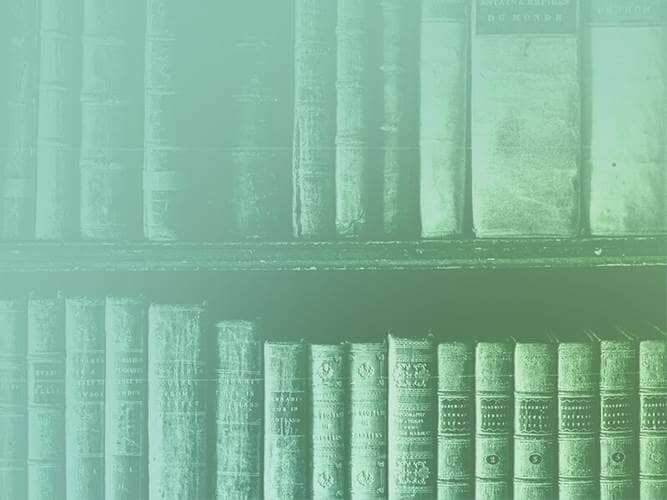- Trending:
- Pope Leo Xiv
- |
- Israel
- |
- Trump
- |
- Social Justice
- |
- Peace
- |
- Love

Far from the Tree
Director: A. Solomon
Run Time: 93m
Far From The Tree is as rich, as moving and as frustratingly complex as family itself.
They are part of us, our sons and daughters. We pass on our genes. We inflict them with our ambitions. We raise them to love what we love, to feel as we feel. Secretly, most parents want to raise … ourselves.
So it’s a shock when we realize we’re raising people quite different from us, and sometimes jarringly so. They can feel as if they came from another family entirely, or even another planet. And we must redefine our expectations, and even our very definition of family, on the fly.
Rachel Dretzin’s documentary Far From The Tree, based on the award-winning book by Andrew Solomon, takes us into the lives of a few such families. The resulting film is as rich, as moving and as frustratingly complex as family itself.
Solomon unspools his own story near the top—how he felt rejected by his own parents, especially his mother. “My parents really didn’t want to have a gay son,” he says. That sense of rejection pushed him to write Far From The Tree, interviewing hundreds of families with sons and daughters who look or act “different” from the norm.
“I wanted to see how other families managed it,” he says.
The documentary winnows its own stories to a mere handful. They include: A mom interacting with her grown son, afflicted with Down Syndrome. A couple raising their autistic 13-year-old child. A mom and dad whose oldest boy will spend the rest of his life in prison for killing an 8-year-old child.
“You literally go back to who they were in the cradle, and you wonder if you let them cry too long when you were trying to teach them to sleep,” Trevor’s mom says. “I mean, you ask every question in the world. You ask yourself everything. And you keep coming back to—this happened. And we can’t fix it.”
We hear that sort of thing a lot in Far From The Tree. These parents care deeply for their kids, but they sometimes feel a little broken and bewildered, wondering if they’d done something wrong.
But we also hear from the kids, too. How isolated they sometimes felt, or feel, in their “otherness,” and their own struggles to have their parents understand and accept them.
Take Jack, locked in a world of autism, who when he was younger threw terrible, violent tantrums. Then one day, his parents take him to an autism expert who, over the course of about a week (which we see via a video feed in the office), walks Jack through a program that gives him the ability to communicate. His first message: “I am trying,” he signs. “I am really smart.”
“It was like I was meeting him for the first time,” his mother says.
Solomon suggests that Tolstoy was wrong when he wrote that “happy families are all alike.” Happiness is found, he says, in the open-armed diversity we see.
But the movie’s message is more complex than that, and some of its questions more difficult. Folks with dwarfism debate over their condition is something that should be “cured.” “I don’t think I need to be fixed,” says Leah. Solomon tried to “fix” his own sexual inclinations before embracing his gay identity—an identity that his mother never fully accepted before her death. Some viewers will cringe when Solomon marries his partner, John, and John shouts that it’s “our assault on conventional morality.”
Far From The Tree inspires, but it challenges us, too—just as it challenges both its parents and children. Relationships are inherently messy, no matter how loving.
But that sense of love is what viewers walk away with, ultimately. We see parents love their kids—imperfectly but unfailingly.
“You love your children,” Trevor’s mom tells us. “You don’t get to choose to love them. You love them.”
“Nobody goes around saying, ‘I’d like to turn my kids in for a better model,’” Solomon says. “You love your children. It really isn’t up to you.”
--Paul Asay











